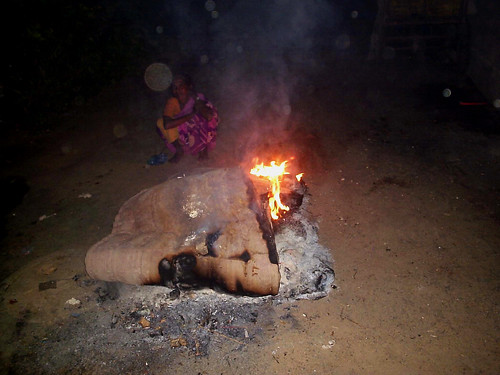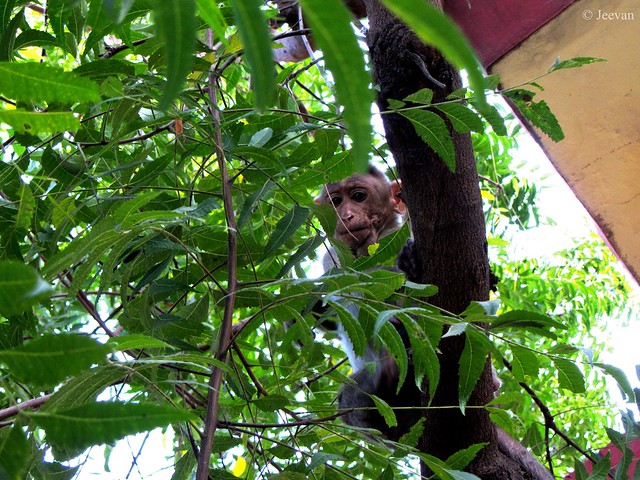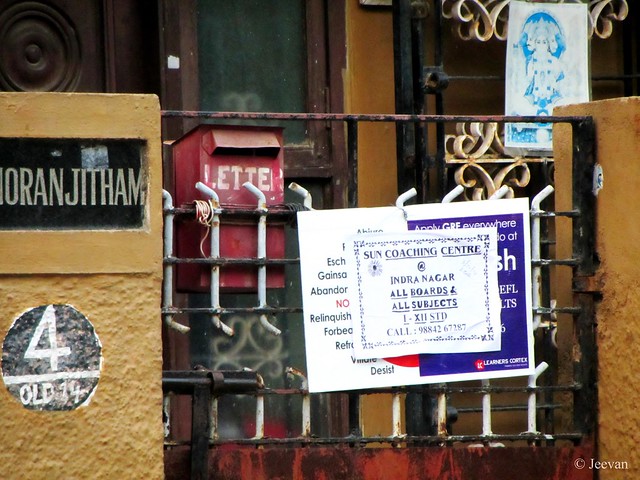Among
the festivals we celebrate, Bhogi has been my favourite one once, next to
Deepavali/Diwali. A day ahead to Pongal – the harvesting festival of Tamils –
Bhogi (Jan 14) is celebrated according to an old phrase in Tamil: “Pazayana Kazithalum
Puthiyana Puguthalum” which means discarding the oldest and let in newest, in
all possible ways. Though the way of celebrating Bhogi has changed latterly
from the real cause, which is relevant to cleaning up and replacing old seed
grains in the storehouse with newly harvested. The generation of ours and the
previous ones celebrate it simply by lighting a bonfire, at the dawn, with the
old and useless woods and materials related to same.
 |
| Pic shot back in 2007 (my last witness to bhogi) |
My
Bhogi celebrations with bonfire have ended even before the beginning of 21st century
or age less than 15-16. It was a time I wasn't conscious about much anything,
including the pollution of environment and endanger of fire, and liked burning
things without an idea. Though we haven’t burnt tyres or plastic things, or to
say literally, my mom never let us uses tyres despite having many in my uncle’s
workshop. We usually put card-boards and old cartons into fire, along with household
items like worn out grass mats, broomsticks and winnowing baskets. In our street
we are the only to make bonfires – as most residents are faith in different and
modest – but compared to our neighbors in backyard, who set huge blazes and light
tyres, we put less flame.
I think
it is the passion for Bhogi influenced me to always wish for bonfire whenever I
visit a hill station or mountain landscape with chillness. Bhogi, being the
last day of the Tamil month Margazhi, which is a midwinter time here, the bonfires
produce enough warm to bask during the cold winter dawn. Personally I used to
look forward to this day, as previous celebrations haunt me while festival
nears and more than burning things, gathering along with friends make it keen.
What is there a festival without some sound? And having a bonfire in front of
us how can we miss a beat? Of course, beating the skin drum is a part of the
Bhogi which is impossible to forget.
One
doesn't need to be skillful of these drums, which is made of bovine skin
covering a terracotta ring, but whoever takes the small skin drum is a composer
on their own gesture of hands. Waking up early in the morning we keep beating
the drum, heating it often by showing on the bonfire flame so that the skin
become tight and make loud noise. And we don’t stop there, but go further around
the area beating the drums with friends until it quite dawn. For some time or
until the Pongal holidays end, we take the drum and beat whenever it feels and
sometime heat the drum on the gas stove. Few times I have saved the drum to
beat next year by hiding it somewhere, if unbroken, because parents don’t allow to have skin products at
home.
My
brother mostly get two drum each year, as he will broke it very soon it was
bought, we sometime fight for the one, if drums anymore available. Because the
accessible to these drum are limited for a day or two with Bhogi and we used to
get it from the pot-pan makers in our area. Usually we use to beat the drum with a stick
removed from the coconut broom, but many used to stick tar to the tip of theirs.
Seeing those I too wished having a similar one but except couple of occasions
(to my memory) I couldn't make it out. One of my memorable trails with Bhogi
was carried out to the streets. During an occasion we (friends) took a cycle
tyre from a bonfire in the neighborhood and carried out along our way to show
heat to the drums.
I have
seen some people used to boil water with the last bit of fire on the bonfire to
take hot shower on the cold winter morning. On this day households carry out
cleaning process and some whitewash their house with fresh coat of paint. I spent
the Bhogi only once at my grandfather/mother place and being a
congested/crowded residential area, the festival is light up heavily and waking
the street in barefoot means dyeing in black. Many residents there burn mostly tyres
and at the entrance of each by-lane a pile of ashes would wait to spread all
over the tar road. These years I almost forget there was a day like this! But memories...




